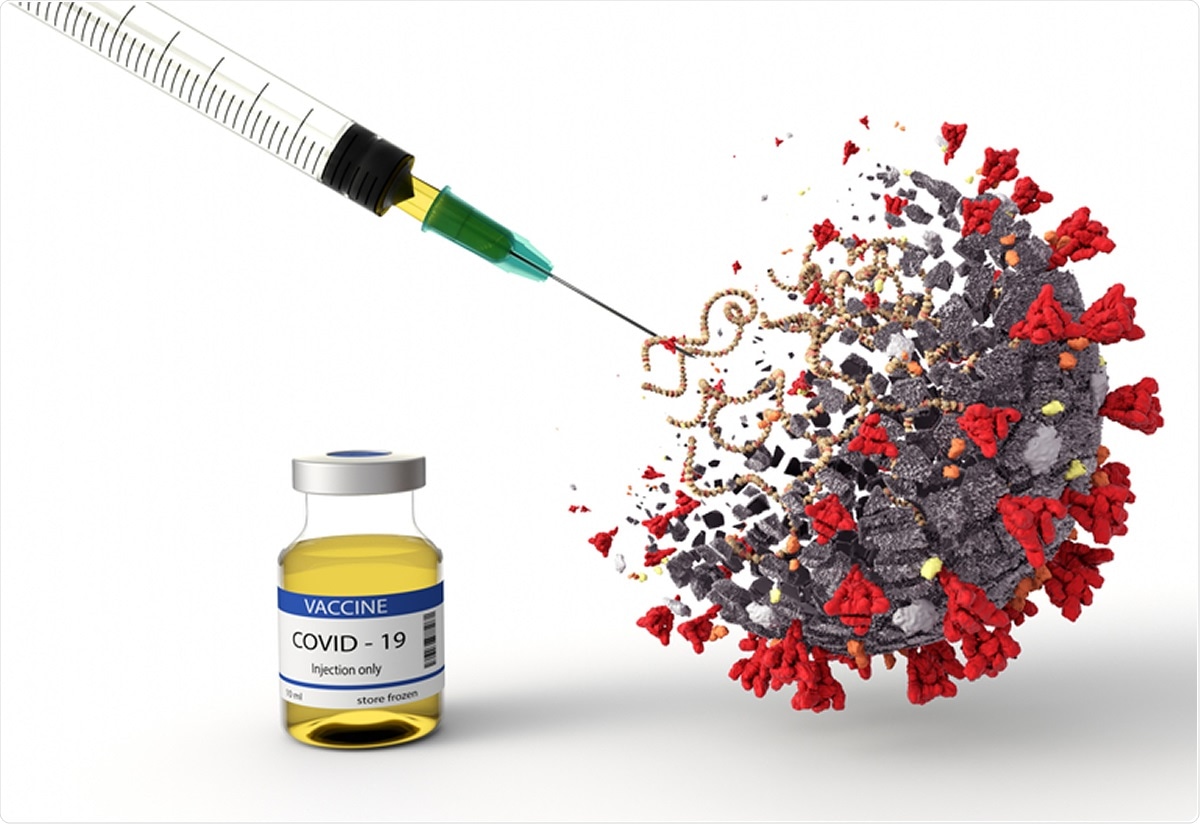Digital Products

Photo courtesy of Kateryna Kon on Shutterstock
This article is Sponsored Content by Jessica Waldorf
About 5% of all cancers worldwide are caused by the human papillomavirus (HPV), the tumorigenic strain of which causes almost all cervical cancers, as well as oral, vaginal, and anogenital cancers. The HPV vaccine prevents these malignant tumors caused by HPV. However, global HPV vaccine coverage is currently falling short of what is needed to provide herd immunity, and there is even a downward trend in vaccination rates in some countries. It is generally recommended that people get the HPV vaccine during their teenage years in order to get the immune protection that comes with the vaccine before they are exposed to the HPV virus through sexual activity. In April 2022, the World Health Organization recommended two doses of HPV vaccine for girls aged nine to 14 years. Older adolescents and adults may also be eligible for catch-up vaccination.
Commonly available HPV prophylactic vaccines include the bivalent, quadrivalent, and nonavalent vaccines, all of which protect against the major high-risk HPV subtypes of infection (HPV16, HPV18). When the HPV vaccine was initially introduced, three doses of HPV vaccine were recommended to provide some protection against HPV infection and new cases of cervical cancer. Subsequent applications and clinical trials have found the immunogenicity of the two-dose HPV vaccine to be comparable to that of the three-dose vaccine.
The combined effectiveness of the HPV vaccine has been widely recognized; however, dose requirements and limited budgets have led to delays in HPV vaccination in many countries. Researchers have therefore begun to consider whether single-dose HPV vaccination has the potential to address these issues. The results of some of the latest fragmented studies suggest that a single dose of HPV vaccine may produce results comparable to two or even three doses. In a recent study titled “The clinical effectiveness of one-dose vaccination with an HPV vaccine: A meta-analysis of 902,368 vaccinated women,” researchers conducted a systematic review and meta-analysis to assess the clinical effectiveness of single-dose HPV vaccination.
The analysis showed that the effectiveness of a single dose of HPV vaccine may be comparable to that of a two- or three-dose vaccine. A single dose of HPV vaccine also induced HPV-specific antibody production that provided immune protection for at least eight years of follow-up and was as effective as two or more doses of vaccination in preventing infections and precancerous lesions compared to more frequent doses of vaccination.
At the same time, the authors concluded that although the findings emphasize the potential of single-dose HPV vaccination in resource-limited settings, further research and extended study periods are needed to establish strong evidence in support of this recommendation. Continued investigation is therefore essential for the development of vaccination strategies.

Content written by Digital Journal sponsors.

“I be nuts about constituents, because they are smart!”
“Dr. Waldorf, a leading scientist at Creative Diagnostics, excels in immunology, virology, and infectious disease research, advancing these crucial fields The post Single-dose HPV vaccination: Efficacy and future research needs…”
Source Link: https://www.digitaljournal.com/tech-science/single-dose-hpv-vaccination-efficacy-and-future-research-needs/article
#DigitalProducts – BLOGGER – DigitalProducts